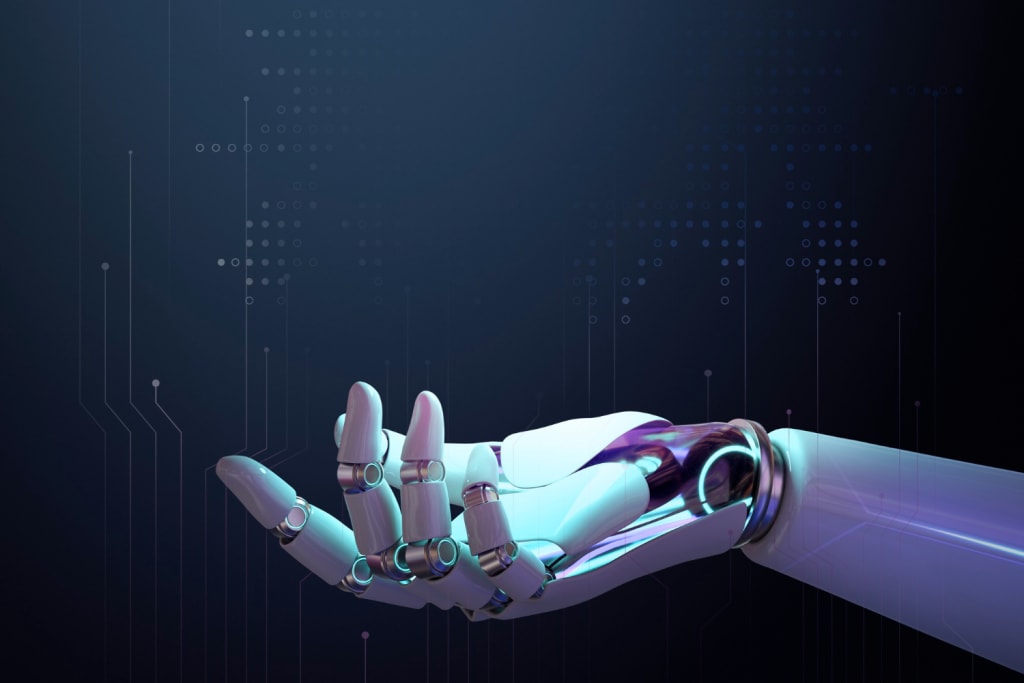The future of work and the impact of automation on employment
The Impact of Technology on Employment: A Look into the Future of Work

Automation has been transforming the world of work for several decades. With the advancements in technology, more and more tasks are being automated, leading to a significant impact on the employment market. The future of work is increasingly becoming a topic of discussion and concern, as the rise of automation is expected to continue.
The advantages of automation are clear: it can increase efficiency, reduce errors and costs, and free up human workers to focus on more complex and higher value tasks. However, there is also a concern that automation will lead to job losses and a decline in employment opportunities, particularly for those in low-skill jobs. In fact, a study by the World Economic Forum estimated that over 5 million jobs will be lost globally by 2020 due to automation.
However, it is important to note that automation has also led to the creation of new jobs in fields such as computer science, engineering, and robotics. These jobs require new skills and knowledge, and they often pay higher salaries than traditional jobs. As a result, workers who are able to adapt to the changing work environment will be in a better position to benefit from the opportunities presented by automation.
One of the challenges facing the future of work is ensuring that workers have the skills and knowledge to transition to new jobs. Many workers, particularly those in low-skilled jobs, may find it difficult to acquire the necessary skills and knowledge to transition to new jobs in fields such as computer science or engineering. Governments and employers have a responsibility to invest in training and education programs to help workers make this transition.
Another challenge is the potential for automation to exacerbate income inequality. The higher salaries associated with new jobs in fields such as computer science and engineering are not accessible to all workers, particularly those with limited education and training opportunities. This could lead to a widening of the income gap between those who are able to transition to new jobs and those who are not.
It is also important to consider the potential impact of automation on the overall economy. Automation has the potential to increase productivity and efficiency, leading to economic growth. However, if workers are unable to transition to new jobs and income inequality increases, the result could be a decline in consumer spending and a slowing of economic growth.
Technology has revolutionized the world of work, making many tasks faster and more efficient. Automation has replaced many manual jobs, leading to a shift in the employment market. As technology continues to advance, it is important to understand its impact on employment and the future of work.
One of the key impacts of technology on employment is the automation of manual jobs. Automation has reduced the need for manual labor, leading to job losses in industries such as manufacturing and agriculture. However, technology has also created new job opportunities in fields such as computer science, engineering, and robotics. These jobs require new skills and knowledge, and they often pay higher salaries than traditional jobs.
Another impact of technology on employment is the rise of the gig economy. With the growth of platforms such as Uber and Airbnb, more people are working as independent contractors, rather than as traditional employees. This has given people more flexibility in terms of when and where they work, but it has also created concerns about job security and benefits.
The future of work is also likely to be shaped by advances in artificial intelligence and robotics. These technologies have the potential to automate a wider range of tasks, leading to further job losses. However, they also have the potential to create new job opportunities in fields such as data analysis and machine learning.
It is important for workers to be prepared for the changing work environment, by acquiring new skills and knowledge. Governments and employers have a responsibility to invest in training and education programs to help workers make this transition. By doing so, workers can ensure that they are well-positioned to benefit from the opportunities presented by technology.
In conclusion, the future of work and the impact of automation on employment is a complex issue that requires a multifaceted approach. Automation has the potential to bring significant benefits, including increased efficiency and new job opportunities. However, it also has the potential to lead to job losses and income inequality. To address these challenges, it is necessary to invest in training and education programs and to develop policies that support workers in making the transition to new jobs. By doing so, we can ensure that the future of work is one that is inclusive and benefits all workers.
About the Creator
Muthumariselvam mariyappan
As a dedicated and experienced article writer, I have a passion for crafting compelling stories and delivering informative content on a wide range of topics.





Comments
There are no comments for this story
Be the first to respond and start the conversation.